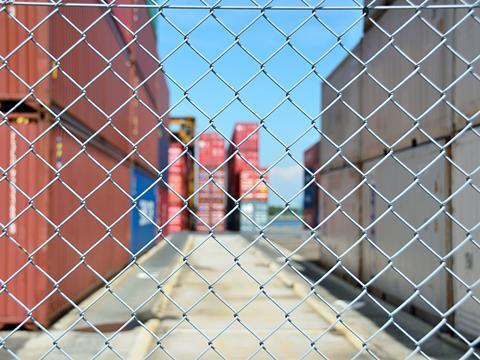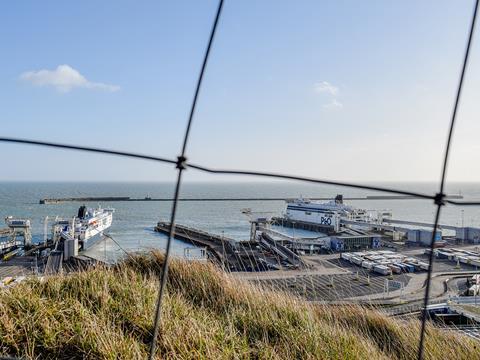
Point of sale display specialist Horizon Retail Marketing Solutions (headquartered in Cambridge, UK) views registering a new company in the Netherlands as the only means to minimise the problems created by the UK’s ‘Hard Brexit’ deal with the European Union.
The business was initially relieved at the Trade and Cooperation Agreement between the EU and the UK, signed on 24th December, which represented a last-minute reprieve from the worst case scenario of levying tariffs on exports. However, the realities of life outside the EU soon proved to be harsh.
“We returned to work on 4th January fairly optimistic about our future,” Horizon’s MD Andrew Moss told Packaging Europe’s Tim Sykes. “However, when we attempted to ship our first order of the year to Italy, the freight company asked us who would pay the value added tax.”
In contrast to the procedures during membership of the EU, local markets demanded VAT be paid up front, and European customers are unable to take deliveries until the issue is taken care of. “This has brought us to a standstill,” commented Andrew Moss. “For us, paying VAT of 21% or 22% means making no profit. Our customers can theoretically claim back the tax themselves, but they aren’t set up to do process this on our behalf, and they aren’t themselves necessarily located in the jurisdiction where it needs to be claimed.”
Moreover, in order for a business outside the EU to process the sales taxes, it needs to register for VAT locally, in other words hiring accountants and undergoing a separate registration process in each country.
For Horizon this has resulted in a warehouse full of “hundreds of pallets that can’t be shipped” until this predicament is sorted. And what is the solution to this problem?

Acting on advice from officials within the UK government’s Department for International Trade, Horizon has concluded that the only way to simplify the new bureaucracy imposed on its existing, international supply chain is to open a business within the European Union.
“We’ve had no help from the UK government while attempting to put out a fire that they started,” said Andrew. “These are not initial ‘teething problems’ – it’s a burden that isn’t going away. We’ve decided to register a company in the Netherlands. In Year 1 this will be a simple distribution business, receiving goods from the UK, paying VAT, and shipping onward. However, beyond that, as the European economy hopefully begins to recover from the pandemic, we plan to develop the business. Horizon needs to be more than a company that’s located ‘outside the EU club’ but has a warehouse in the Netherlands. We want to build it up as business inside the EU.”
Horizon’s story echoes the experiences of many FMCG and packaging companies selling into the EU from the UK or vice versa, and grappling with the non-tariff barriers created by the UK government’s insistence on a radical break from the spirit and institutions of the Single Market. In the post-Brexit era Packaging Europe will continue to campaign for closer integration and international cooperation to meet our industry’s and world’s shared challenges.
In the meantime, private businesses will have to use their ingenuity to nurture continuing trade and collaboration.
“We’re a small business – we don’t have the resources or expertise to make recommendations about how to resolve this on a political level,” Andrew Moss concluded. “What I’d really like is if we could hit the rewind button four and a half years and go back and tell people the truth about Brexit.”














